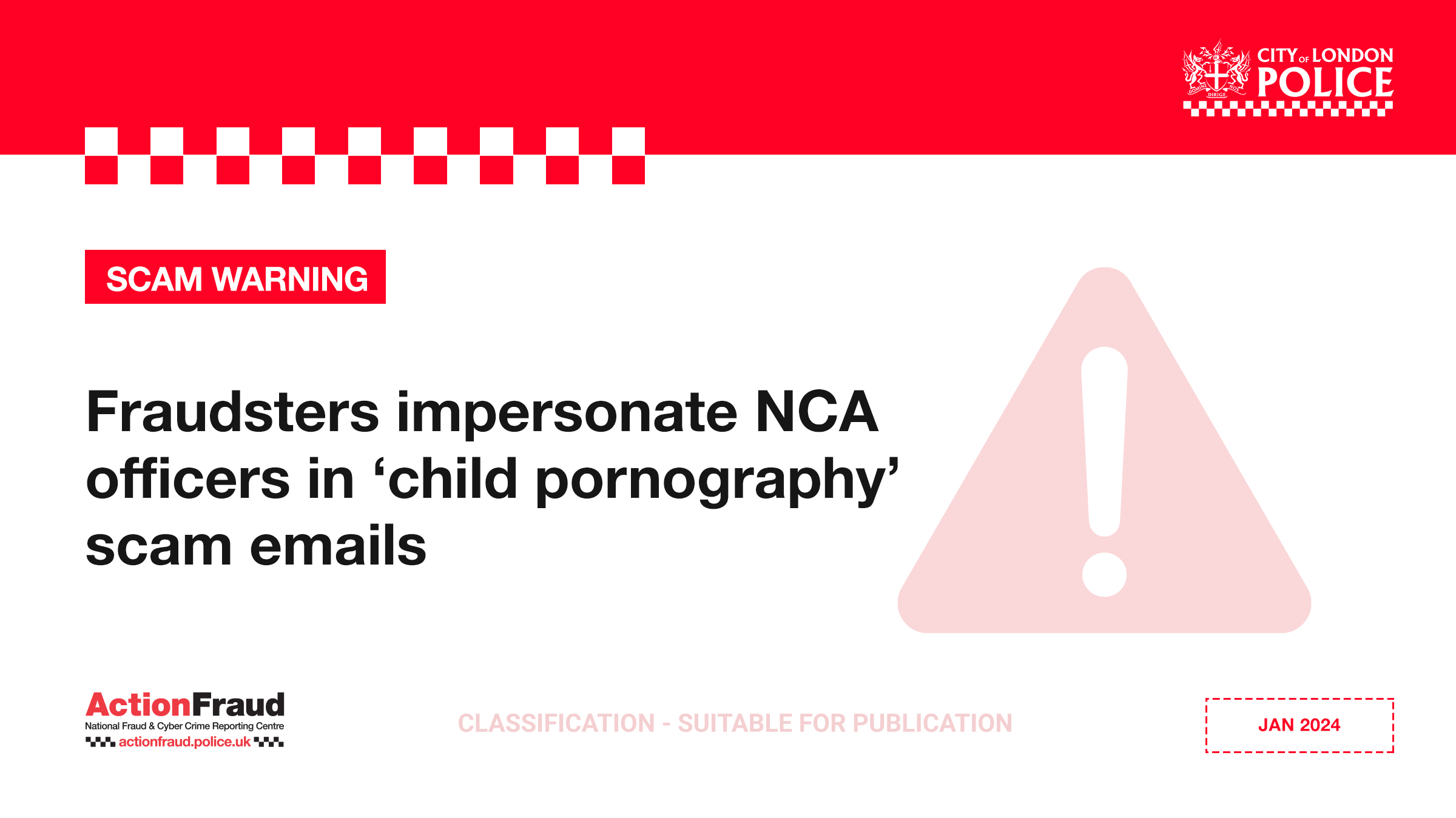Action Fraud warns the public as fraudulent wine investments go sour.

- Previous victims of wine investment fraud are being contacted by fraudsters, who are tricking them into parting with more cash.
- Between 1 June 2018 and 31 December 2018, 22 reports of this crime were made to Action Fraud, with a total reported loss of £97,914.
People who wanted to sell their wine investment and fell victim to wine investment fraud between four and six years ago are being cold called by fraudsters who claim they can resell the wine for an insurance or shipping fee. The fraudsters appear reliable and legitimate, attracting the victim’s attention with their knowledge of their personal details such as their name, address, bank account and the wine company name they previously invested with.
Fraudsters are taking advantage of liquidated wine investment companies, or company directors who have been arrested and publicised on forums and websites. Victims of this fraud have paid an average of £2,000 into an escrow account via bank transfer, in various instalments to different payee names over a period of one to four months. No victims have recovered their initial wine investment payment, and are at a further loss after paying an advance recovery fee.
Over the past six months, Action Fraud has seen an increase in this type of fraud, which is known as recovery fraud. Victims are both male and female aged 46 to 86 years old.
Research shows that criminals have exhausted the use of traditional high street banks and are setting up accounts with financial technology companies for victims to pay into.
Director of Action Fraud, Pauline Smith, said:
“The fact that fraudsters are taking advantage of previous victims of fraud is despicable.
“If you’re contacted by an individual who knows a lot about the money you lost, but they want a fee first, it is vital that you stop all correspondence immediately.
“If you think you have been a victim of fraud, report it to us and your bank immediately.”
How can I protect myself?
- Never reveal any personal or financial details as a result of an unsolicited call, email or text. Even if someone knows your basic details (such as your name and contact details), it doesn’t mean they are genuine.
- Don’t immediately agree to any offer that involves an advance payment or having to sign a contract on the spot. Always speak with a friend or family member first.
- Always check the credentials of any financial company on the Financial Conduct Authority’s (FCA) website: – they should be on the register. Contact the preferred company directly and reject any offers made through unsolicited communications.
- If you have been affected by this, or any other scam, report it to Action Fraud by calling 0300 123 2040, or by using the online reporting tool.



